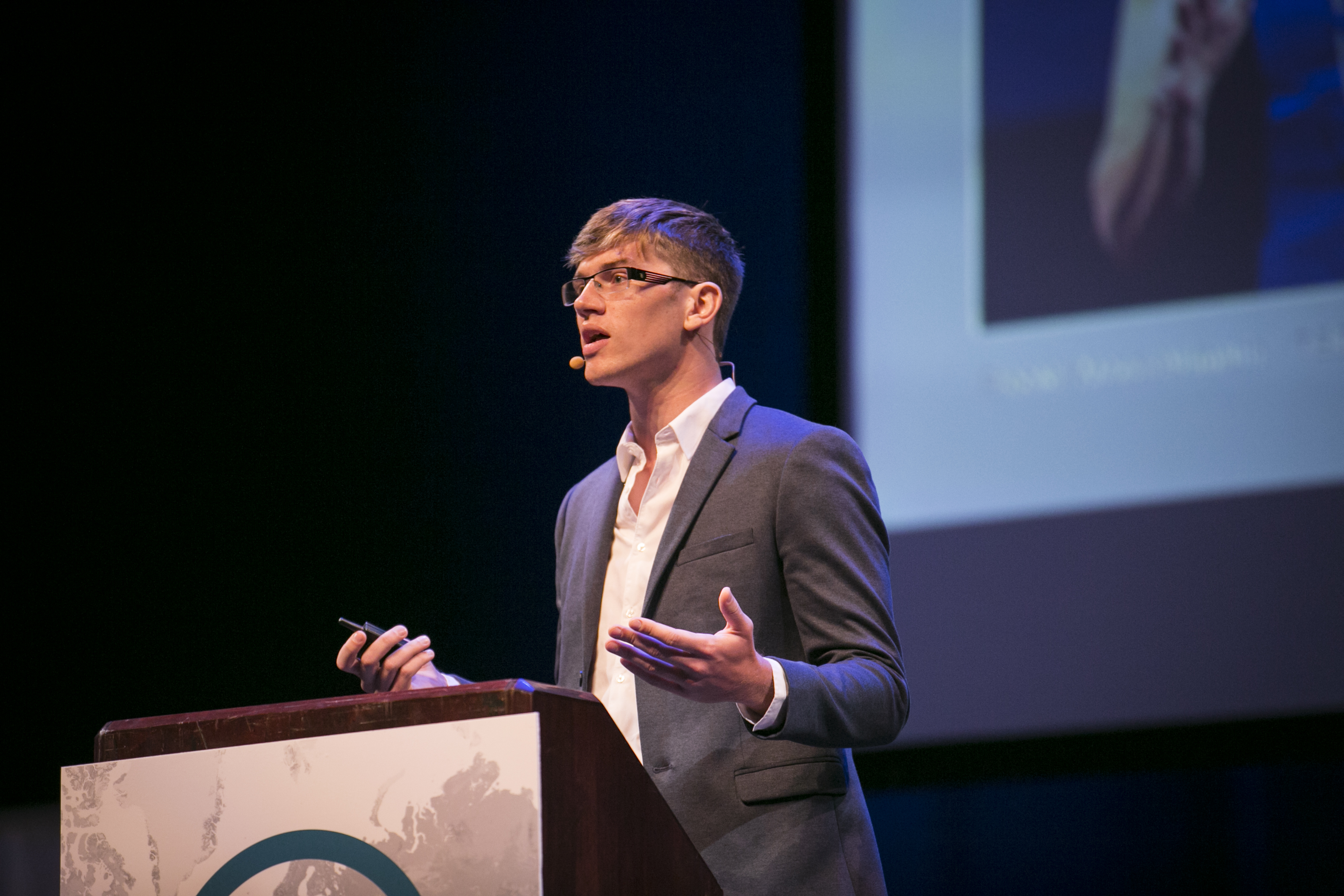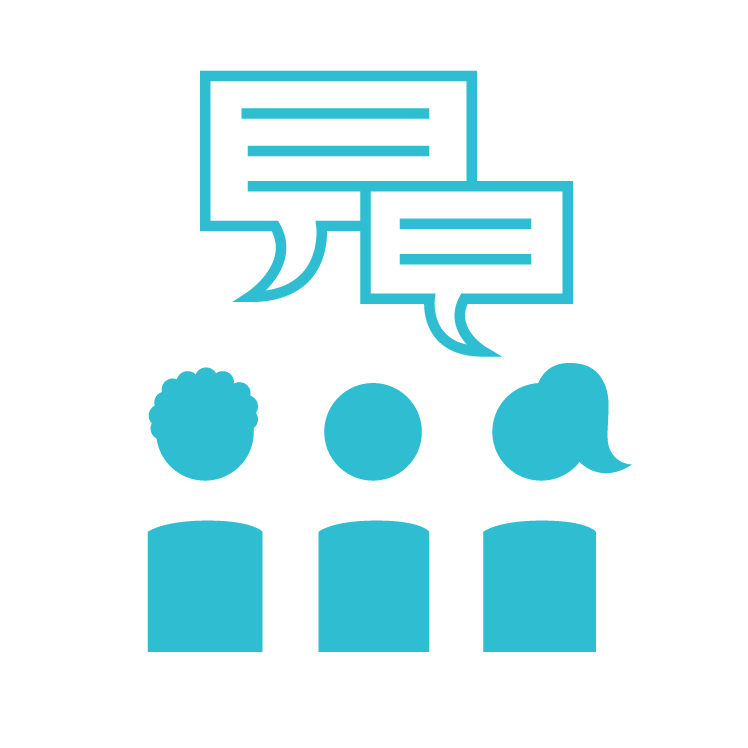Moral Progress and Cause X
This is an edited transcript of a talk by Will MacAskill at EA Global 2016. You can also watch the video below.

If you look at the history of ideas, the history of the human race, in every single generation there have been huge moral atrocities that have been committed by the people of that generation that at the time just seemed completely normal. In every generation people have been completely oblivious to the fact of how wrong some of their practices were.
For example, Aristotle spent his entire life dedicated to thinking about how to lead an ethical life, and it just didn't occur to him that maybe keeping slaves was a wrong thing to do. That's a pretty astonishing fact. He was one of the smartest people in the world at the time, spent all his time thinking about this, and was still oblivious.
But when we look at the history of the human race; when we look at atrocities like slavery, the deplorable treatment of foreigners, the subjugation of women, the persecution of people who aren't heterosexual, the persecution of animals today, what we see over and over again is how easy it is for people to be oblivious to serious moral problems.
It seems very unlikely if we've discovered all of the moral problems today. It seems very unlikely that we are the generation that figured it all out. Given this, what we should be thinking about is: What are the sorts of major moral problems that in several hundred years we'll look back and think, "Wow, we were barbarians!"? What are the major issues that we haven't even conceptualized today?
I will refer to this as Cause X.
I think you could argue that one of the most import aims of the effective altruism community is to discover this Cause X; to discover a cause that's one of the most important moral problems of our time, but that we haven't even clearly conceptualized yet. Cause X might be an idea that today seems laughable, but will seem obvious in the future just as ideas like animal welfare or existential risk were laughable 200 years ago. Or perhaps Cause X will be something that we are aware of today, but for bad reasons, we deprioritized.
Perhaps the most exciting or interesting way in which the EA community could have a huge positive impact on the world is if we can drive forward moral progress and figure out the problems, the Cause X, that we're not even aware of today.
Additional content
How to take action
If you’re interested in helping to discover Cause X, there are a few concrete actions you can take:
Career
If you’re likely to be exceptionally good at research, you could tailor your career to producing valuable and groundbreaking research. Some useful links:
If you’re not likely to be a high-impact researcher yourself, some options are:
-
Working at a Think Tank
-
Funding high impact research either as a foundation grantmaker, or by funding excellent research organizations like MIRI, FHI or the Foundational Research Institute.
Community
Engaging with the EA community can also help expose you to interesting ideas and help you find collaborators to expand those ideas further. Some useful links:
-
If you’re mathematically-inclined you can find or start a MIRIx workshop
Did this article cause you to significantly change your mind such that you expect to have more social impact in the future?
Yes No


